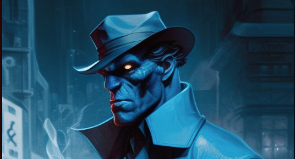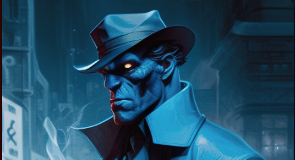Revenge Story Checklist
Overview
I culled these insights from David Fincher’s documentary series about filmmaking and storytelling, VOIR, on Netflix. This episode is called The Ethics of Revenge by Tony Zhou, whom I knew from his YouTube channel, Every Frame A Painting.
Revenge stories are about Wild Justice, what would happen if we took Justice into our own hands.
Every Revenge story lies on a sliding scale between the emotional desire to seek Justice and the ethical implications of doing that yourself. They challenge us to ask the lingering question: if I were in their situation, what would I do, and could I live with the consequences?

Revenge Story Checklist
- there must be a grievance
- there must be a retaliation
- the retaliation shouldn’t be an instant tit-for-tat, the hero has to stew and then make a choice
- the Revenge story has to restore the rules of Society that it just blatantly ignored
- the Hero can’t get away with just flaunting the law–there has to be a price
- the initial violence against an innocent has to be bad, horrible, humiliating, traumatizing (leave the crime mostly off-screen, suggested but not explicitly rendered, the violence in our own minds is more powerful than violence graphically depicted on the page)
- pick characters that are easy victims–a wife, a child, a pet. These characters must be thinly-sketched so they don’t become three dimensional and run the risk of becoming unlikable in their realism
- when these characters die, they are replaced by a token–a banal item that reminds the hero of who they once were (think of the collar belonging to John Wick’s puppy)
- the Choice–how does a protagonist decide to pursue this path? And how does it change them once they decide to remove themselves from Society? The Hero should think about their actions, but not for too long (we already know what they’re going to do).
- decide how much revenge is appropriate:
o the Hero must have clear judgment–they’re supposed to only hurt enemies who get in the way, they don’t target people needlessly.
o the hero may be highly trained, so the revenge is proportional and professional - the Cost–the avenger, whose journey has been marked by loneliness, is often cast out of Society. There must be some payment.
NOTE: The Revenge story is one of the few genres where having the hero die at the end is acceptable. We the reader get to have our cake and eat it, too. We get to enjoy our bloody catharsis and then see balance being restored.


One Response
Good stuff, Johne! Thanks for sharing.